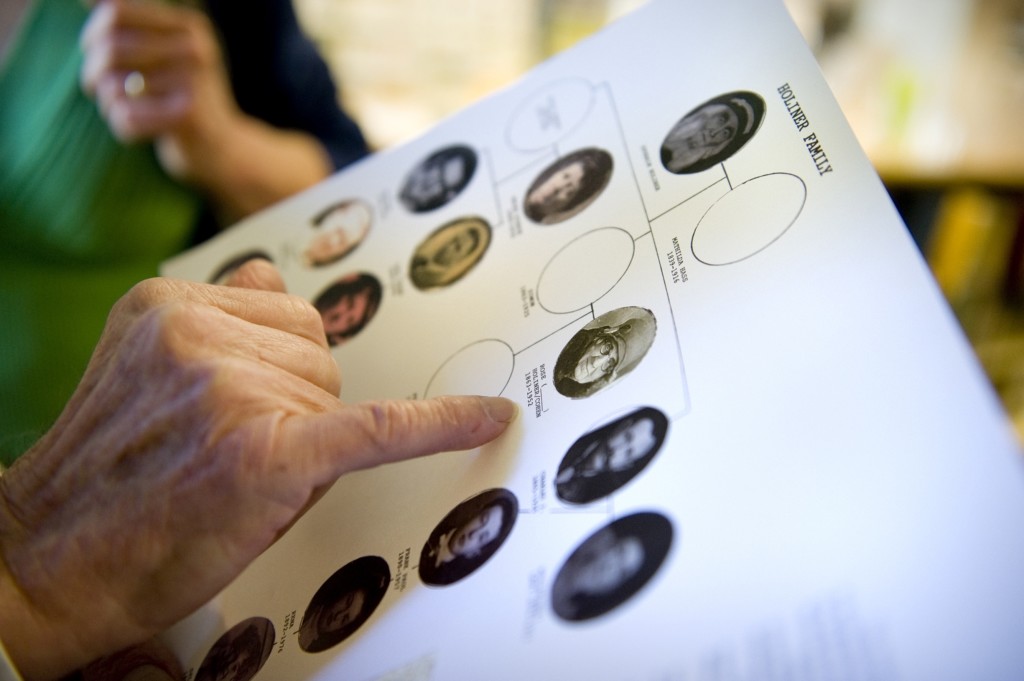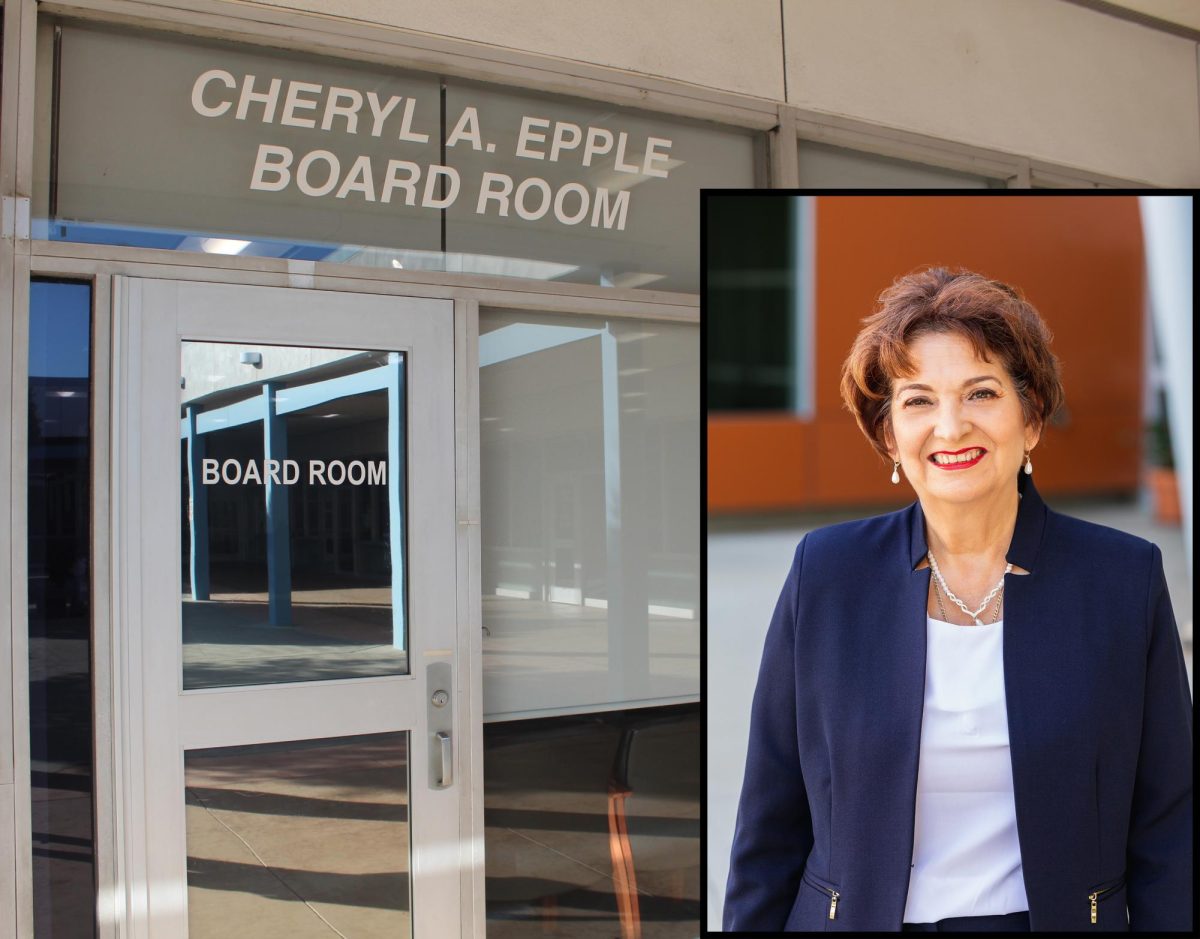Imagine recognizing the name Cesar Chavez only as a street in East Los Angeles.
Imagine studying the United States Declaration of Independence and drawing a blank when reading “Thomas Jefferson.”
Imagine opening an American History text book and finding no mention of Brown vs. Board of Education, the 1954 landmark decision case that declared racial segregation in United States public schools unconstitutional.
These are ideas Professor Frank Gaik wants his Chicana/o Literature students to keep in mind when writing letters of reconsideration to the Texas State Board of Education.
“They (Texas SBOE members) call it ‘left,’ but I call it America,” Gaik says.
On March 12, the 15-member Texas SBOE, granted preliminary approval of new social studies curriculum standards expected to take effect in Texas public schools within the next two years.
On a 10-5 vote, split along party lines, the board has decided to exclude “unnecessary” historical figures and events from required elementary, middle, and high school lessons.
Republican board member Dr. Don McLeroy considers the changes and omissions an effort to restore “balance” in Texas schools.
“History has already been skewed. Academia is skewed too far to the left,” Mc Leroy told the New York Times.
Gaik is concerned that because Texas adopts curriculum standards state-wide, as opposed to district-wide, textbook publishers will cater to Texas standards and expect other states to follow suit.
“As one of the largest consumers of textbooks, Texas is a dominant force,” Gaik says.
“It all comes down to money, because textbook publishers will want to please Texas and won’t care about anyone else.”
According to Gaik, if California were to buy history textbooks influenced by the new Texas standards, such historical figures as Cesar Chavez, Thomas Jefferson, and Thurgood Marshall would possibly be left out of classroom discussions.
“Students can’t fully understand the history of California without knowing Chavez,” Gaik says, “because he brought justice to those who work in the fields—the key to the state’s pride.”
Chicana/o Literature class students, such as Sociology and Women’s Studies double major Crystal Morales, have already written drafts of letters to Texas SBOE members explaining the importance of keeping Arizona-born, imigrant rights activist Cesar Chavez in the nation’s textbooks.
“Cesar Chavez was a man of nonviolence with a strong will,” Morales writes.
“He led strikers and supporters on a 350-mile pilgrimage from Delano to Sacramento with a sprained ankle.
“He wouldn’t stop because he wanted to be there to encourage his people up until the very end.”
Morales admits she does not know what to expect as the outcome of the Texas SBOE’s final decision, to be announced sometime this month.
“I only hope they (members of the Texas SBOE) take my letter seriously and take into consideration the damage they will do by eliminating anyone from knowing what Cesar Chavez did.”
Aside from letters of reconsideration, Gaik and his class have collected 275 signatures for a petition to keep Chavez, Jefferson, Marshall, and others in American textbooks.
Gaik invites anyone who would like to sign a petition to e-mail him at fgaik@cerritos.edu.
Plans to mail out all acquired materials have been made for the end of this week.
Story continues below advertisement








